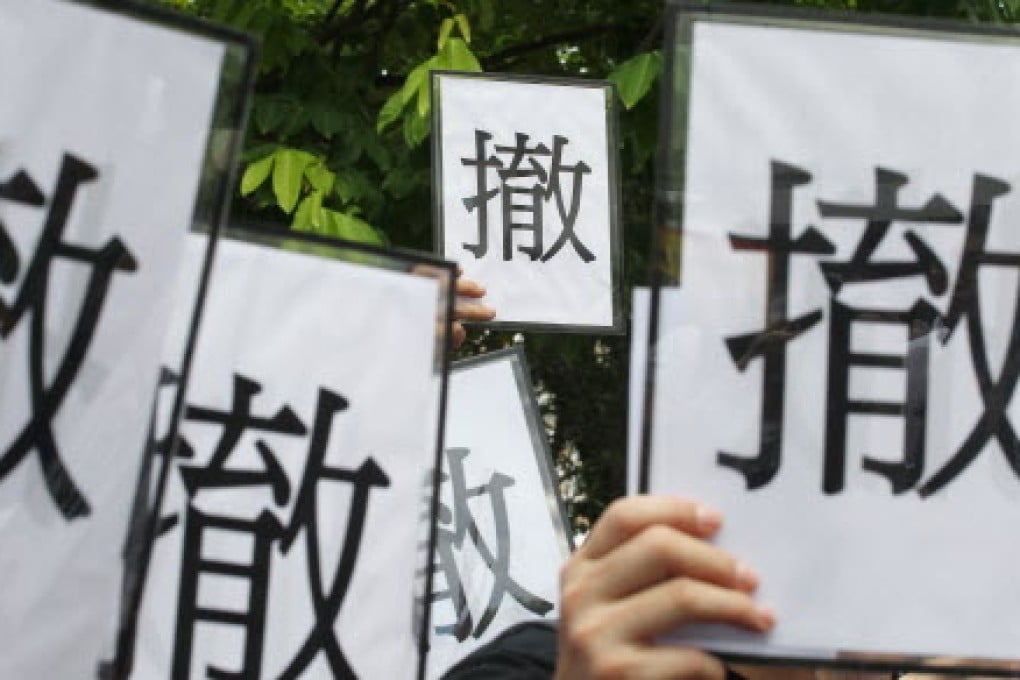Hong Kong's new rules for disclosing conflicts of interest need more clarity
It goes without saying that senior officials should adhere to the highest standards of conduct and avoid dealings that may be seen as compromising their public duties. However, there appears to be a wide gap between public expectations and practice.

It goes without saying that senior officials should adhere to the highest standards of conduct and avoid dealings that may be seen as compromising their public duties. However, there appears to be a wide gap between public expectations and practice. The outcry over recent scandals involving top officials shows the guidelines for disclosing conflicts of interest leave a lot to be desired. The new rules for political appointees are, therefore, a step forward; they require them to take into account the business interests of family, friends and associations to which they belong. They go further, covering "any other groups of people with whom he has personal or social ties, or any person to whom he owes a favour".
Despite criticism that the scope is too broad and wording ambiguous, the mechanism is needed in the wake of recent concerns. Ultimately, the test, as mentioned in the guidelines, is whether the interests and ties may reasonably be perceived as having an influence on one's judgment in discharging one's duties. If so, be it friends, in-laws or just a club membership, there is no reason to exclude them from disclosure. It would also make sense to cover non-official members of the Executive Council, given their role in policymaking.
That said, the guidelines have room for clarification. Admittedly, it is not easy to determine whether a friend is close enough to have an influence, let alone ascertaining whether the appointee is, non-financially, indebted to anyone. It would be good if the government could elucidate on the benchmarks to avoid confusion and misunderstanding.
The key is vigilance. It is incumbent upon any official to stay alert to potential conflicts and take the initiative to declare them to his bosses or to the chief executive. Arguably, requiring one to declare the interests of all friends and relatives may be impractical, if not impossible. But in the world of politics, perception is everything. With sections of the local news media increasingly aggressive, erring on the side of caution is always a good way to ward off trouble. To enhance transparency and accountability, the government should also take the initiative to disclose declarations by officials whenever possible, as well as map out sanctions for breaches of the rules.
The sweeping nature of the guidelines has understandably stoked fears that talented people will be deterred from joining government. Like it or not, appointees are already closely monitored by the media. Opening oneself to public scrutiny should be foremost on the mind of officials and politicians.
